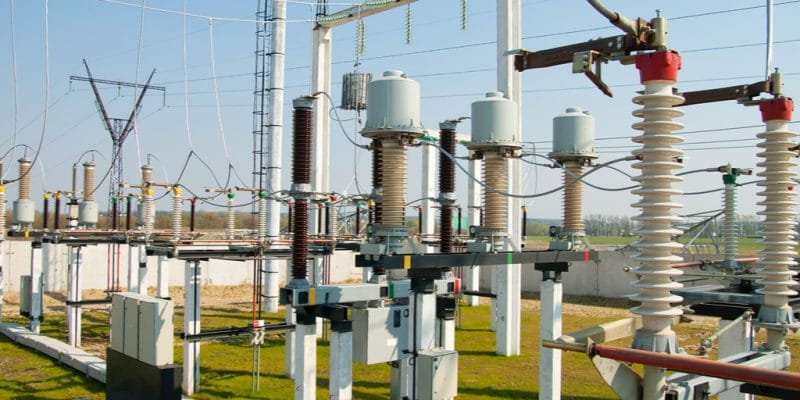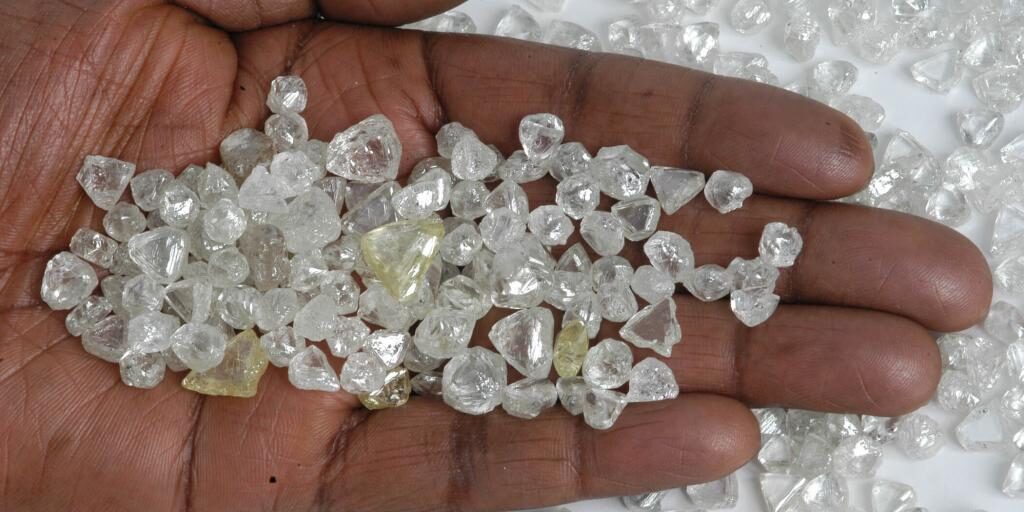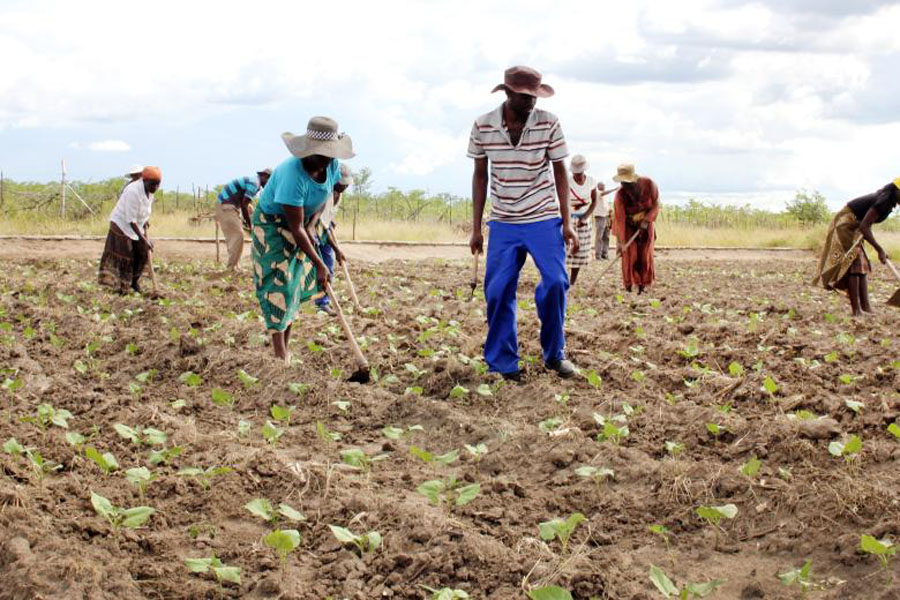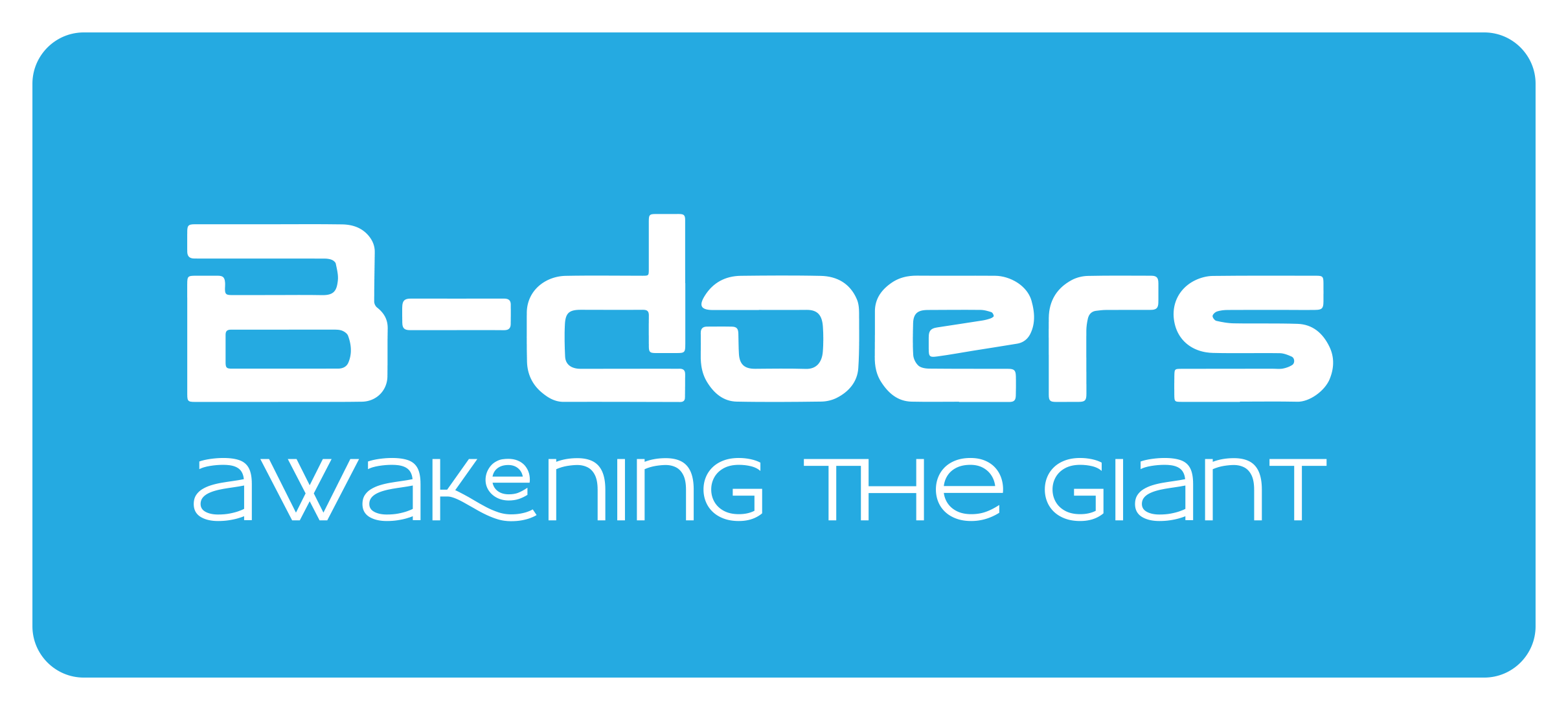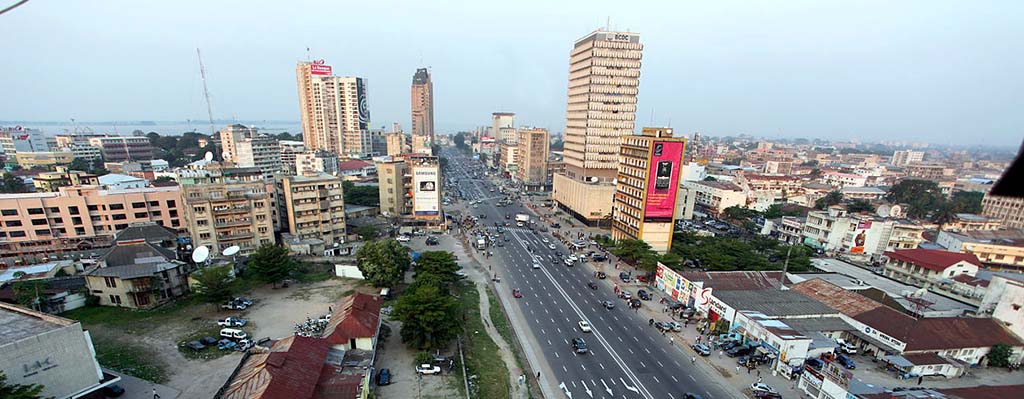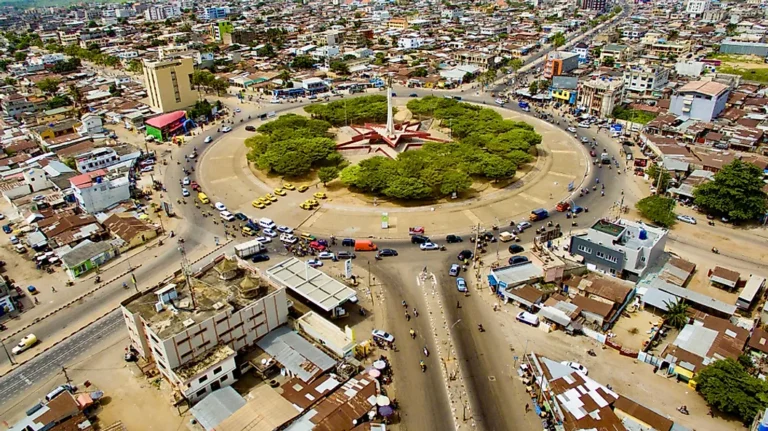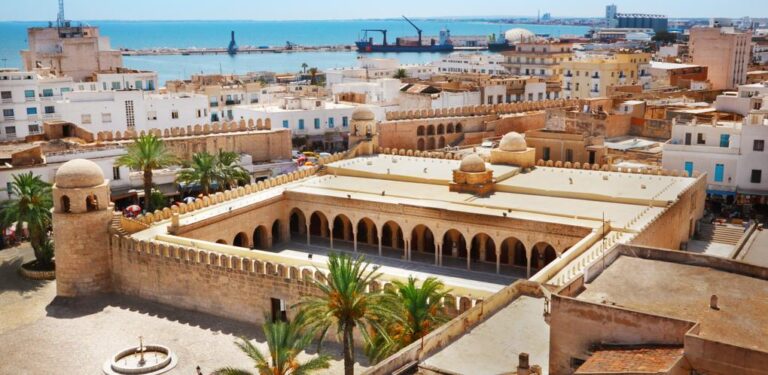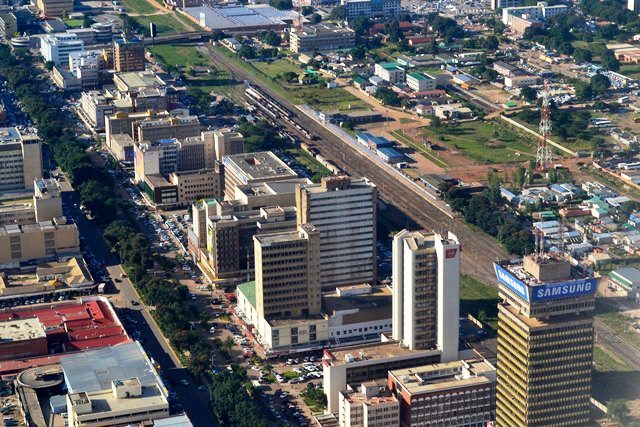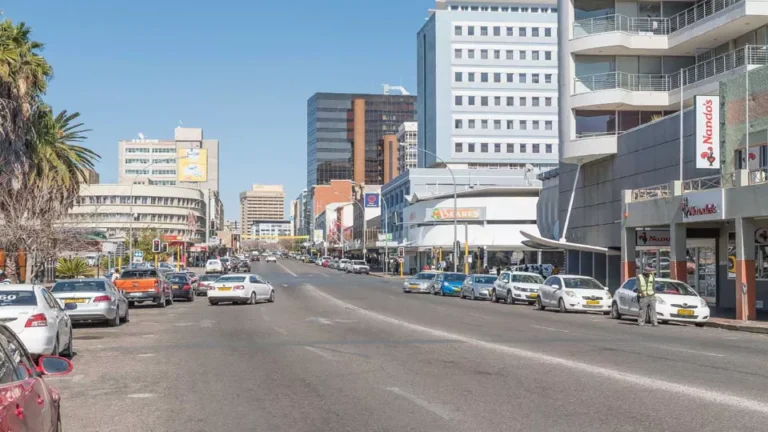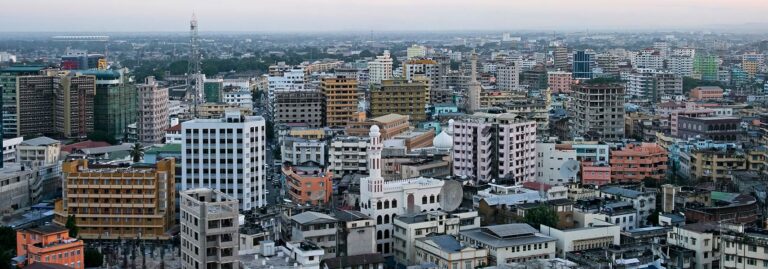The Democratic Republic of the Congo
The Democratic Republic of the Congo République démocratique du Congo (RDC), also known as Congo-Kinshasa due to its capital Kinshasa, DR Congo, the DRC, the DROC, or the Congo, and formerly Zaire, is a country in Central Africa. It is, by area, the second largest country in Africa (after Algeria), and the 11th largest in the world. With a population of 97,693,664 as of Thursday, June 29, 2023, based on Worldometer elaboration of the latest United Nations data, the Democratic Republic of the Congo is the most populous officially Francophone country in the world. On 2,345 Million km²
Félix Antoine Tshisekedi Tshilombo is a Congolese politician who has been the President of the Democratic Republic of the Congo since 25 January 2019. He is the leader of the Union for Democracy and Social Progress (UDPS), the DRC’s oldest and largest party.
DRC is endowed with exceptional natural resources, including minerals such as cobalt and copper, hydropower potential, significant arable land, immense biodiversity, and the world’s second-largest rainforest.
DRC has the third largest population of poor globally. Poverty in DRC is high, remains widespread, and is increasing due to the impacts of COVID-19. In 2018, it was estimated that 73% of the Congolese population, equaling 60 million people, lived on less than $1.90 a day (the international poverty rate). As such, almost 14% or one out of six people living in extreme poverty in Sub-Saharan Africa live in DRC.
After a pandemic-induced slowdown to 1.7% in 2020, economic growth is expected to moderately rebound to 3.6% in 2021 driven by robust growth in mining (8.7%), owing to rising commodity prices and production capacity expansion. Non-mining sectors (particularly agriculture and services) are expected to gradually recover, growing at 1.4% in 2021 as the economy remains open despite some COVID-related restrictions.
Currently, the DRC is undertaking multimillion-dollar programs to rehabilitate various sectors including agriculture, energy, construction, basic infrastructure, and transportation.
The DRC Government has created a working group to improve the business climate and is actively seeking to increase foreign trade and investment. Exporting to the DRC can offer high-profit margins as the market is not yet saturated with competition.
It is a country where 65 percent of the population is under the age of 25, two-thirds of which are even younger than 15. Many Congolese children and young people are frequently exposed to atrocities and abuses committed by foreign and local armed groups as well as by the national defense and security forces.
The DRC labor market remains too tight, with severe inequalities. In particular, in the case of youth, vulnerable people, and women. According to recent information from the Ministry of Labour, the rate of underemployment is more than 50 percent, and the youth unemployment rate (15-24 year-olds) is over 35 percent.
Business opportunities in The Democratic Republic of the Congo
There are opportunities for the sector of investment in the DRC. The DRC’s enormous mining wealth attracts top mining companies from around the world. Energy is another sector with tremendous potential for renewable power sources such as hydroelectricity and renewable solar. Agriculture is a neglected sector as the DRC has large tracts of underexploited land.
